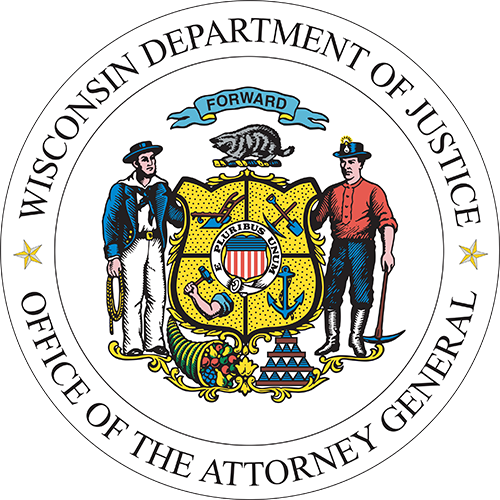AG Kaul, Gov Evers Announce Support of the Biden Administration’s Student Debt Cancellation Plan
Coalition Argues That the Biden Administration Acted Within Its Statutory Authority by Issuing Debt Relief to Borrowers Affected by the COVID-19 Pandemic
MADISON, Wis. – Attorney General Josh Kaul and Governor Tony Evers today announced that Wisconsin has joined a coalition of 22 attorneys general in filing an amicus brief in support of the federal government in two cases before the U.S. Supreme Court concerning the Biden Administration’s targeted cancellation of student loan debt to address the continuing effects of the COVID-19 pandemic.
“The Biden administration’s student loan debt relief plan will help provide greater financial security to many Wisconsin families struggling with student loan debt,” said Attorney General Josh Kaul. “The Supreme Court should confirm that the Secretary of Education has the authority to provide this debt relief.”
“Student debt has put economic pressure on Wisconsinites and Americans alike, especially as so many have been facing rising costs at the grocery store and gas pump,” said Gov. Evers. “Higher education should be affordable and attainable for all who choose to pursue it, and President Biden’s plan will help ensure hundreds of thousands of Wisconsinites have a little extra breathing room in their budget.”
The amicus brief, filed in the cases Biden v. Nebraska and Department of Education v. Brown, argues that U.S. Secretary of Education Miguel Cardona has the authority under the HEROES Act to provide limited debt cancellation to prevent student loan borrowers from experiencing grave financial hardship as a result of the COVID-19 pandemic. Last year, the Secretary announced plans to grant $10,000 in debt relief for borrowers under certain income thresholds, and $20,000 in debt relief to borrowers who met those income thresholds and also received a Pell Grant in college. This debt relief seeks to ensure that borrowers affected by the pandemic do not face catastrophic defaults at the conclusion of a nearly three-year pause in loan repayment obligations.
The debt cancellation plan was challenged in September and November 2022 in Biden v. Nebraska and Department of Education v. Brown, respectively. The federal government is now asking the Supreme Court to lift injunctions of the plan granted by the lower courts that blocked the Secretary from granting this debt cancellation relief during the pendency of the legal challenges and to uphold the Secretary’s action.
The coalition argues in the brief that targeted debt cancellation is an appropriate and necessary use of the Secretary of Education’s authority under the HEROES Act. The brief emphasizes the ongoing financial harm that the pandemic has caused student borrowers, and the evidence that a spike in pandemic-related defaults is likely to occur upon lifting of the current student loan repayment pause. The brief describes the catastrophic financial impacts such pandemic-related defaults would have on borrowers and how those impacts would also harm state economies. The coalition argues that the federal government appropriately granted relief that was targeted to prevent these outcomes and that the Secretary acted well within his authority under the HEROES Act in using debt cancellation as a tool for responding to pandemic-related harms.
The brief also argues that states have an interest in ensuring the well-being of their residents, explaining that state economies benefit when residents are protected from suffering preventable harms stemming from student loan defaults that could imperil their job prospects, housing security, and access to some federal benefits.
Joining Wisconsin in this brief are the attorneys general of California, Colorado, Connecticut, Delaware, the District of Columbia, Hawai‘i, Illinois, Maryland, Massachusetts, Michigan, Minnesota, Nevada, New Jersey, New Mexico, New York, North Carolina, Oregon, Pennsylvania, Rhode Island, Vermont, Washington, and Wisconsin.
To find a copy of the brief in full, please click here.
